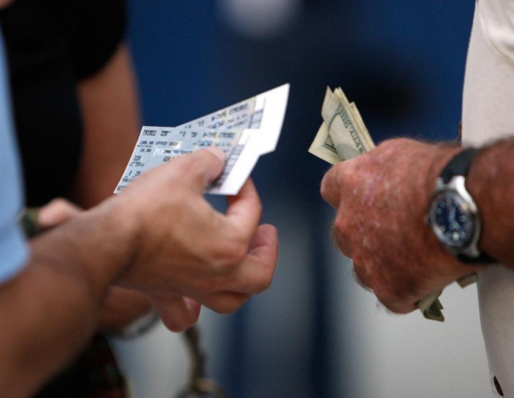
Cromwell, CT - Connecticut Better Business Bureau is encouraged by a new law which aims to make it easier and possibly less expensive to obtain tickets for concerts and other events.
The Better Online Sales Act outlaws the use of "ticket bots," which are designed to quickly purchase as many good seats as possible when they go on sale, for resale at significantly higher prices.
"Ticket brokers and consumers have been at a disadvantage because of the use of ticket bots," according to Connecticut Better Business spokesman, Howard Schwartz. "The new law is designed to level the playing field, as well as impose penalties for re-sellers who use bots. The use of this software illustrates how technology can be misused to the detriment of the marketplace."
When the supply of an item or commodity shrinks, the demand rises, and so do the prices. A buyer can end up having to pay thousands of dollars for an event ticket that is worth $150.
The House last week passed the Better Online Ticket Sales Act, also known by its acronym, the "Bots Act." The regulations classify the use of ticket bots as a civil offense, and allow the Federal Trade Commission (FTC) to take action against sellers who use them. The Act describes the use of ticket bots as "unfair and deceptive." Similar legislation is being taken up in the Senate.
Aside from the behind-the-scenes problems caused by scalpers, last year, consumers across the country filed more than 2,025 complaints with Better Business Bureau about ticket sellers.
Complaints describe being unable to obtain a refund after the postponement of a show, seats located behind obstructions such as pillars without that being disclosed to buyers. One consumer says her tickets never arrived, that the event was cancelled and that she was told by the broker that they were not obliged to offer her a refund.
Another complaint details how a ticket seller told a consumer that she would not receive the tickets until one day before the event - and she said the tickets sent to her were not the ones she ordered.
- Purchase from the venue - Whenever possible, use the official ticket sales agent for the venue.
- Check out the seller/broker - Look them up on the Better Business Bureau website to check their marketplace reputation. Verify that they are a member of the National Association of Ticket Brokers (NATB). Its members offer a 200% guarantee on tickets that don't arrive in time for a game, concert or show.
- Know the refund policy - You should only purchase tickets from a re-seller that provides clear details about the terms of the transaction, exclusions and limitations.
- Pay with a credit card - Always use a credit card so you have some recourse if the tickets are not as promised. Debit cards, wire transfer or cash transactions are risky; if the tickets are fraudulent, you won't be able to get your money back.
- Be careful buying from a private seller - Sales between two individuals can be risky, especially if the tickets are for sale through a classified ad. In such cases, the buyer may receive a counterfeit ticket or nothing at all. A private transaction does not have any of the same protections as a credit card purchase.
If you have a dispute with a ticket seller, you can file a complaint with BBB by mail, or through our online complaint processing system. If you are the victim of a scalper, you can warn others about it by reporting it to BBB Scam Tracker. No personal information is ever posted on Scam Tracker.